Trendy Profits
June 10, 2021
The Civil Rights movement of the 1960’s occurred more than 60 years ago, and yet very little change has come about in terms of equal treatment for black people. However, in terms of taking real action, there is very little to enhance inclusion in a meaningful way. Following the indictment of Derek Chauvin, there has been no significant national or regional movement to address the disparity in treatment of people of color by predominantly white men in uniform. There have been demonstrations and police departments have put together policies, but no real discussion or progress has been made. With light of these situations, a new “trend” has emerged: performative activism. It has become wide-spread among institutions and businesses who use it as a marketing strategy.
Back in the summer of 2020, as millions across the world protested the death of George Floyd, businesses and marketing analysts were quick to scramble on the spot with colorful infographics and social media posts with the common message of “Black Lives Matter,” and “We stand with you.” While it’s meaning is wholesome in the moment, it continued to support the status quo of ignorance. Companies’ solidarity with the movement quickly dried up and left customers to boycott the businesses. Some businesses went the extra mile to disclose that they have supported or donated to organizations that help the cause. For the most part, it’s all talk with little to no change actually happening.
Another victim of performative activism is pride month. While most organizations acknowledge the movement, there is little activity that is being done to actually celebrate diversity and ensure that all individuals feel at ease expressing their beliefs within the workplace. Most of the time, it’s brands converting their logo to have a rainbow background and removing it at the end of the month. Rather than these performative and superficial activities, real active social change and acceptance of each person’s values and beliefs are needed. Without a real, entirely agreed upon social reformation movement that encompasses all of these niches, most of the acknowledgements are simply touching the surface and not driving real change.
At the end of the day, businesses and brands care about their bottom line, customer approval. The true message is meaningful but the events after don’t seem to reflect the same message. The lack of action doesn’t reflect their original message that was intended. More often than not, companies utilize and misuse social movements like pride month and the Black Lives Matter movement to their advantage in order to meet customer standards of equitable action.



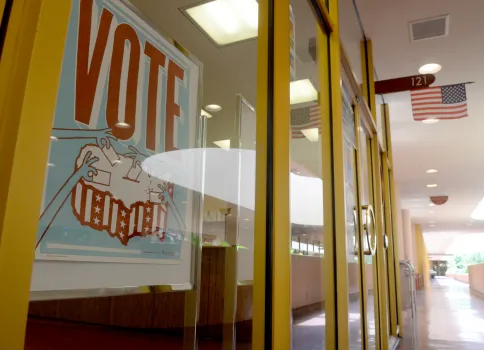

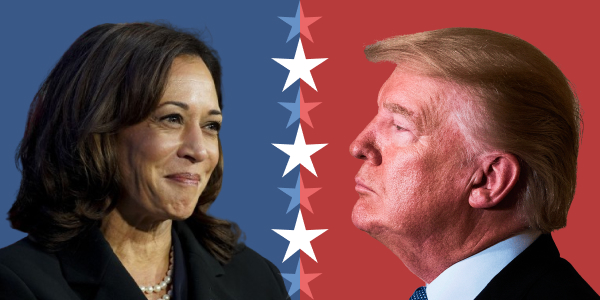




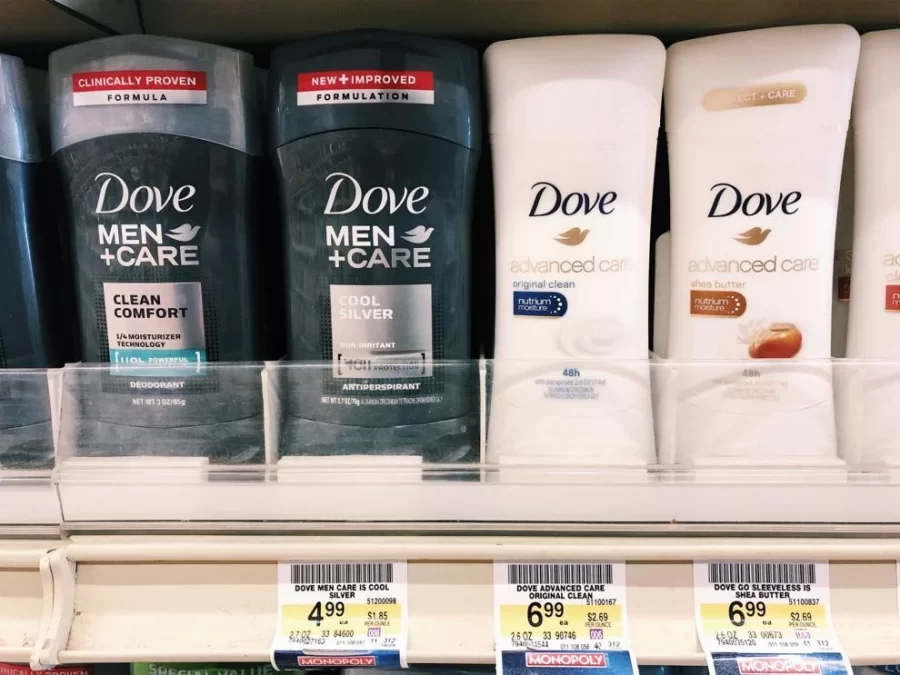






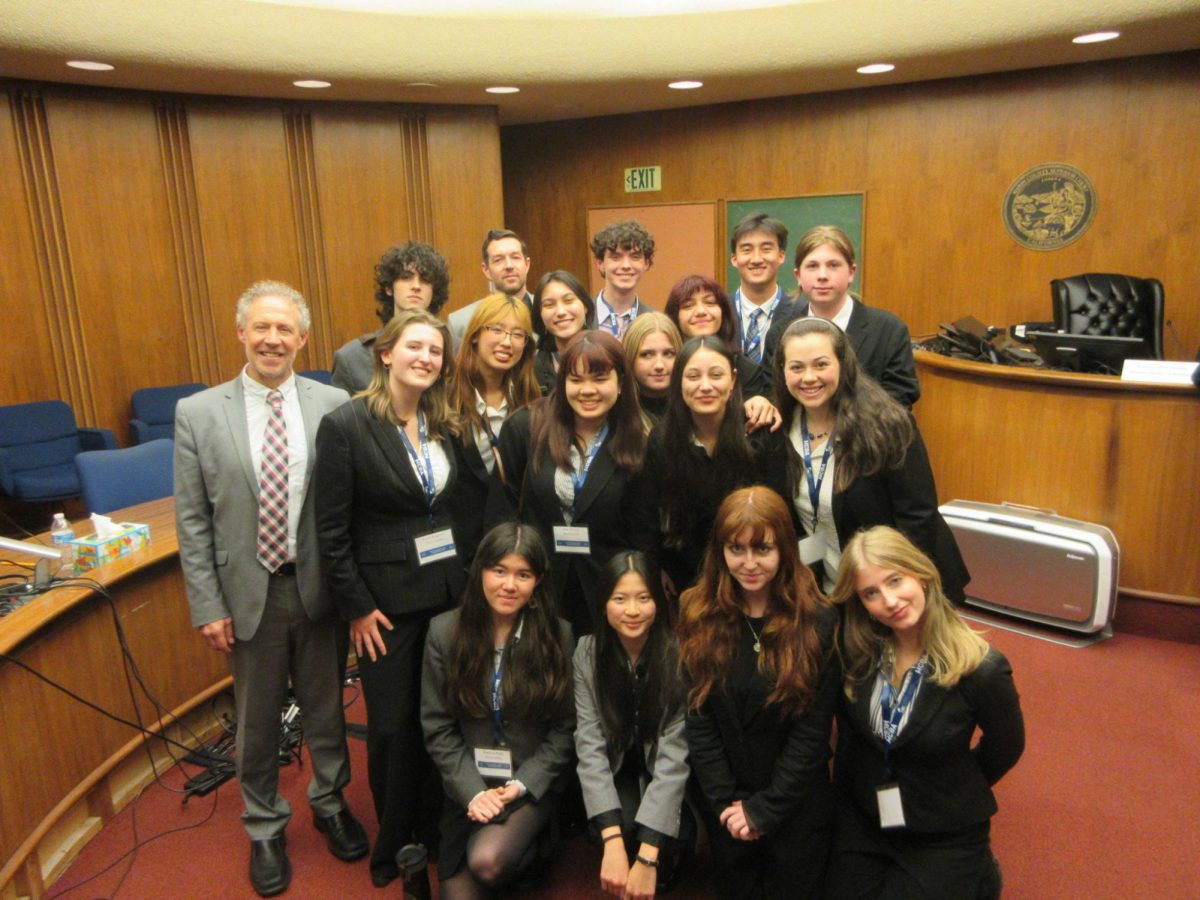

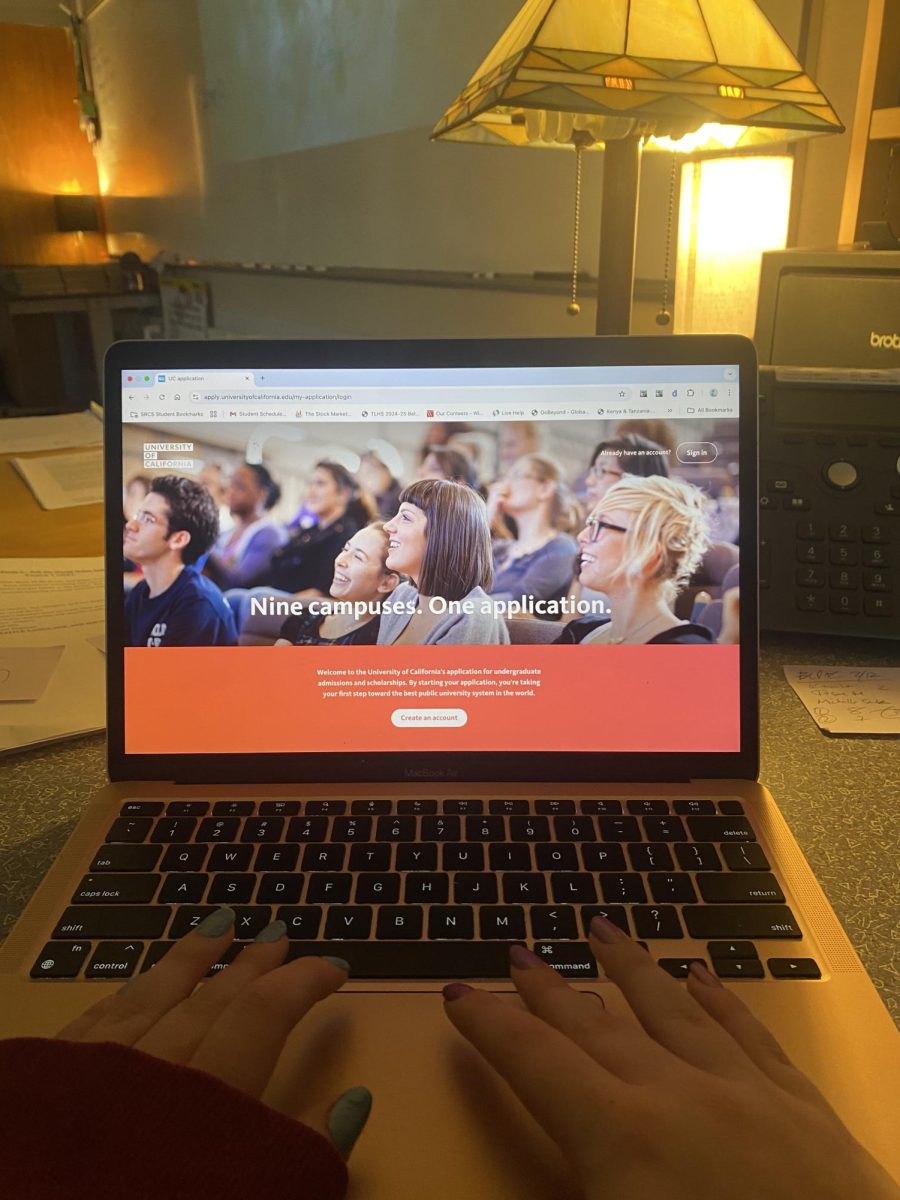





































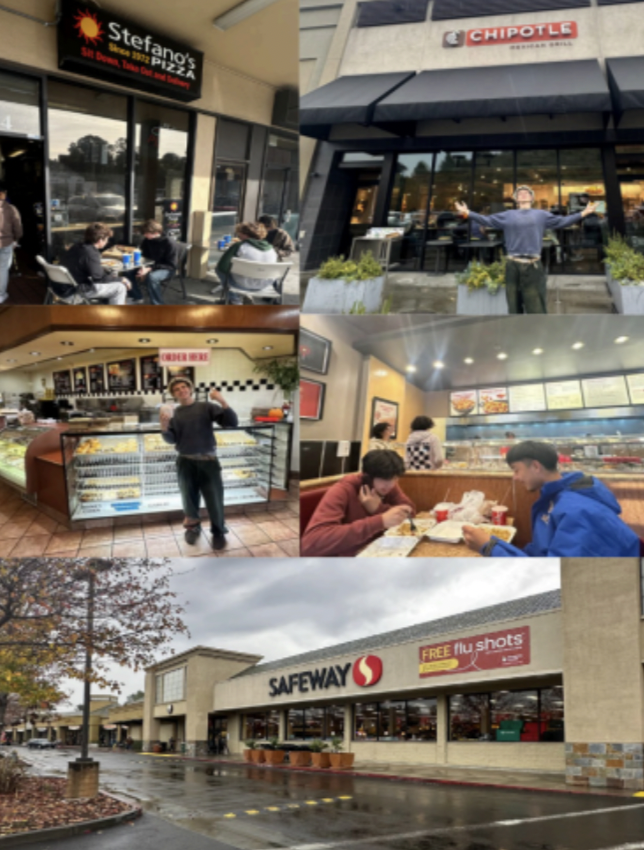




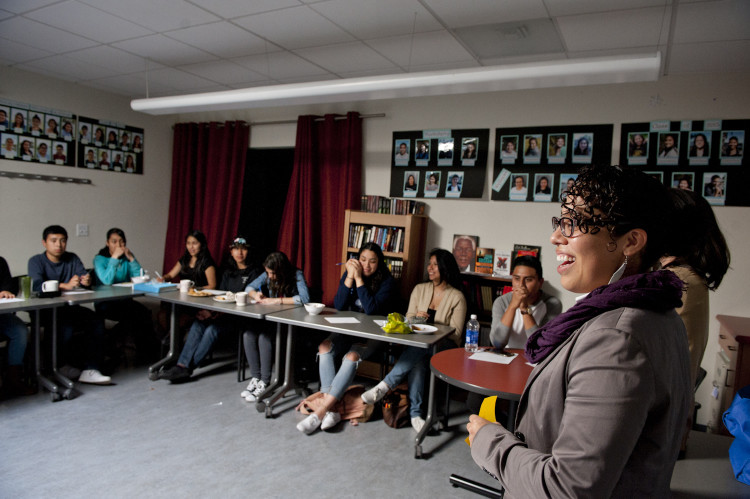




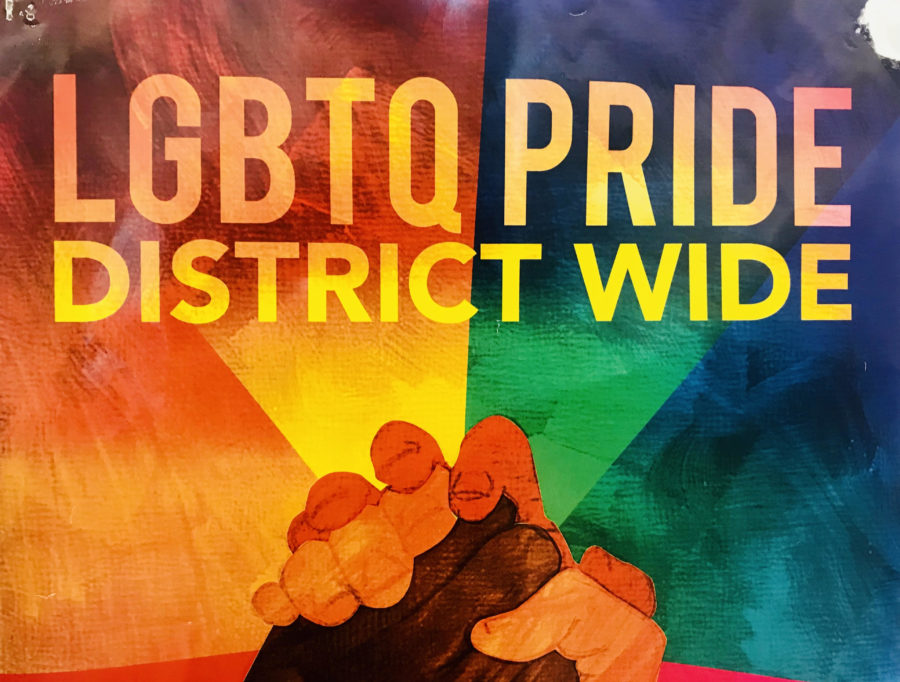





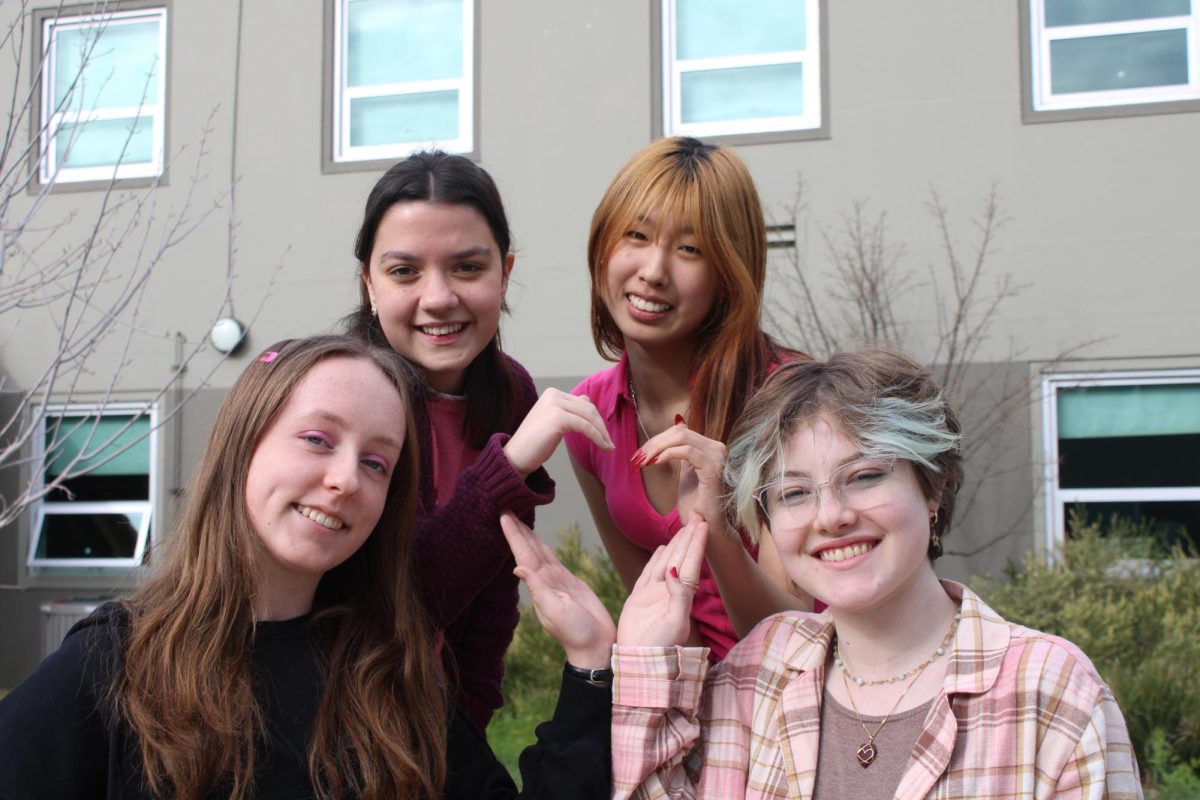












Evan Reich • Nov 5, 2021 at 2:37 pm
Very good overall!
Jeanine salgado • Sep 24, 2021 at 10:24 am
King energy
Teagen Leonhart • Jun 16, 2021 at 9:41 am
Alex, this is wonderful!